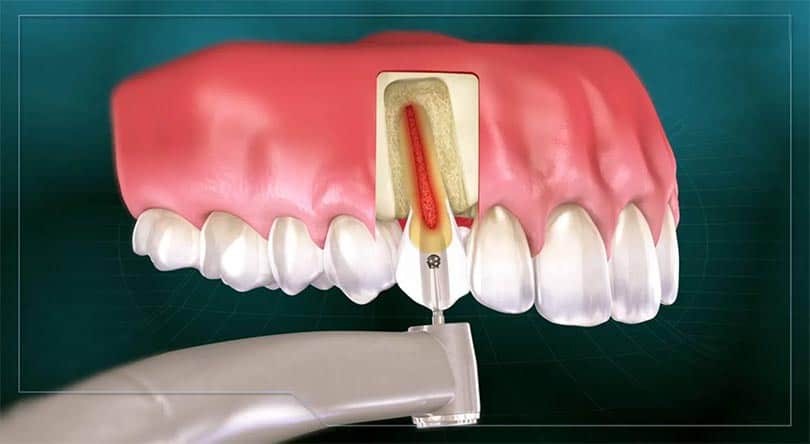Apiectomy
An apicoectomy, also known as root tip surgery, is a dental procedure performed to treat an infection at the very tip (apex) of a tooth root. It's typically considered when a root canal treatment hasn't successfully resolved the issue.
Similar to a root canal, there might be some mild discomfort after the procedure. Our dentists will prescribe pain medication and provide specific aftercare instructions, including proper oral hygiene and dietary modifications.
